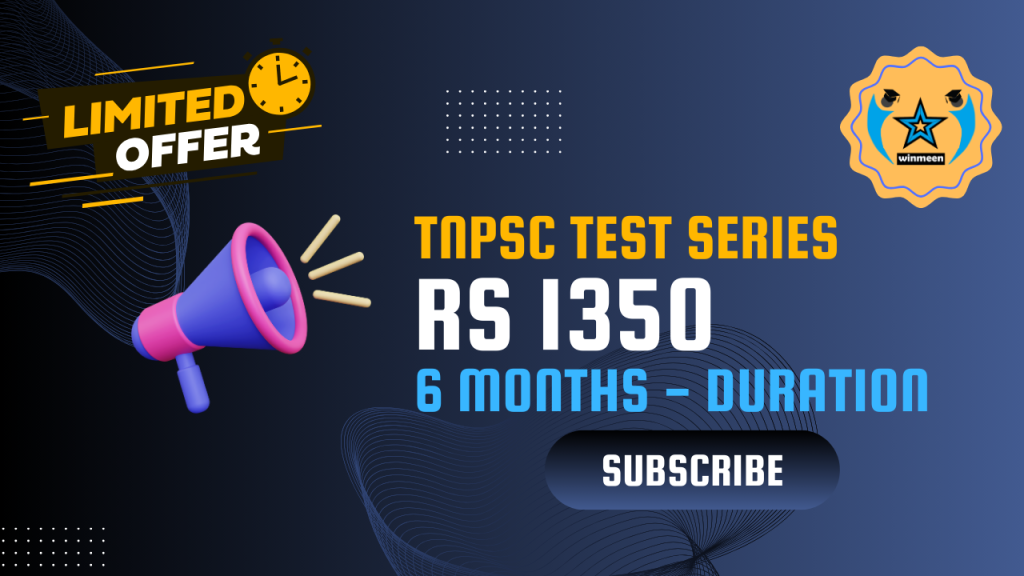Tnpsc english – character, quotes, important lines, matches and short notes
Hello Aspirants,
Is it good to read TNPSC General English at our site? If you find the article is useful, please go through other articles in our site which was posted earlier. This article gives about character, quotes, important lines from works of Indian authors, Match places and Poets, Match the folk arts with the Indian state, match the characters with relevant story, Various works of the following Authors, What is the theme observed in the Literary works and Natured centred literacy works.
Hence these questions can’t be described; we are going to give questions and some example. With this, our GE article for TNPSC gets over. We have given detailed explanation on all section, whereas you can analyse and focus on major sections to get full mark in TNPSC GE. If any further doubts, don’t hesitate to ask in our comment box. We will surely revert back. The above mentioned all section will put to-gather to make nearly 25 to 30 questions. So it is very very important to focus on this section. You are requested to read the whole samacheer book with care. Don’t even miss even single word from it.
Examples:
- Cut open bunds in the dead of night! Can a farmer do that?
Who said the above statement in “The Farmer”?
- Kutty Mappila b) Outhkutty c) Kesavan Nair d) Thirumulpad
Answer: C
- Which of the following author was awarded with Sahitya Akademi Award?
- Thakazhi Siva Sankara Pillai b) Rabindranath Tagore c) Dr. Neeraja Raghavan d) Deepa Agarwal
Answer: A
- Who said the below quote,
“Envy is ignorance and imitation is suicide”
- Harold Emerson b) R.W. Emerson c) William James d) Mrs. Edith Alfred
Answer: B
- Which tree was planted by Saruli with her friend Jawan in a story “After the storm”?
- Neem tree b) oak c) Banyan tree d) Coconut tree
Answer: B
- Who is the Birdman of India?
- George Washington b) Dr. Salim Ali c) Deepa Agarwal d) Lesslie Norri
Answer: B
- Who is ‘Pangolin’ in the lesson “ Anteater and the Dassie”
- Rabbit b) Anteater c) Tiger d) Squirrel
Answer: B
- Whose work is “Oak and Maple”?
- Thomas Hardy b) John Masefield c) D.H.Lawrence d) Annie Louisa Walker
Answer: D
- Match the places and Poets
Places Poets
- Long Island – Khalil Gibran
- Nottingham – Rudyard Kipling
- Lebanon – D.H.Lawrence
- Bombay – Walt Whitman
Answer: 3 4 2 1
- Match the folks arts with the Indian State
Folks Indian State
- Kuchipudi – Assam
- Bihu – Andhra Pradesh
- Garba – Jammu & Kashmir
- Kud – Gujarat
Answer: 2 1 4 3
- Match the character with relevant story
Story Character
- Two friends – Mr.Nuttel
- The Open Window – Colonel Dumoulin
- The last Leaf – Ivan Dmitritch
- The Lottery ticket – Behrman
- b) c) d)
- 2 3 4 1
- 2 1 4 3
- 2 1 3 4
- 2 3 1 4
Answer: B
- What was the title given to the Maratha Ruler?
- Badshah b) Mir Alam c) Peshwa d) Maharaj
Answer: C
- What is the name of the commander whose forgiveness Abraham Lincoln sought for being rude to him?
- Colonel Scott b) Colonel Henry c) Colonel James d) Colonel Wilson
Answer: A
- “The Highest result of education is tolerance”. Who made this statement?
- Rabindranath Tagore b) APJ Abdul Kalam c) Helen Keller d) Oscar Wilde
Answer: C
- What is the theme observed in the Literacy work “ Gaia tells her Tale”?
- Pollution b) Population c) 3 R’s d) All of the above
Guess your answer
- In the lesson, “Yaanai Malai”, the lesson- writer Manohar Davadoss says, “Sometimes landscape can speaks to us”. This expression is purely
- A baseless illusion
- An exaggerated hyperbola
- A subjective impression
- An objective interpretation
Answer: C
So friends, these kinds of questions will be asked in form of match the following or one line questions. So be prepared with all sections. Still few more days to go for TNPSC Group 4 Exam, All the Best to all my pals. If you find this article is useful, please re-visit us for other related topics. Also you can make subscription with us by giving your email address or just bookmark our page. Please stay tune with us for further details and other following updates on our TNPSC General English else, drop our valuable comments to ask your doubts. We are happy to clear your doubts.

sir, if i want to study the samacheer kalvi books from 6th to 10th or the 10th english book will only enough for the tnpsc group 2a examination???
Hi Pragatheeshwari,
you have to study 6th to 10th standard books
You must study 6 to 12 th samacheer english book
sir i want to know only the quesions ask from the given syllabus or not?
only following syllabus is enough for group 4 or should i read 6 to 12 eng book from reaper to reaper?